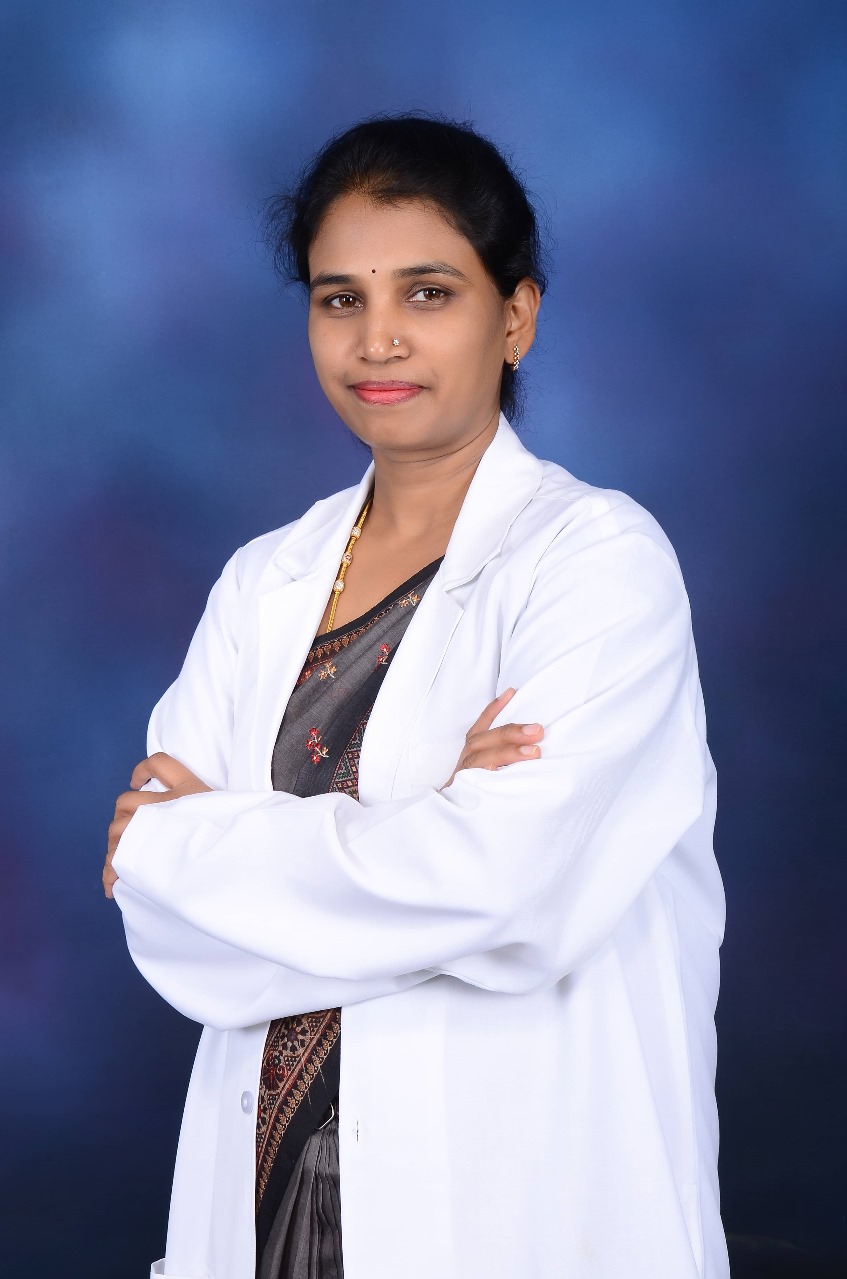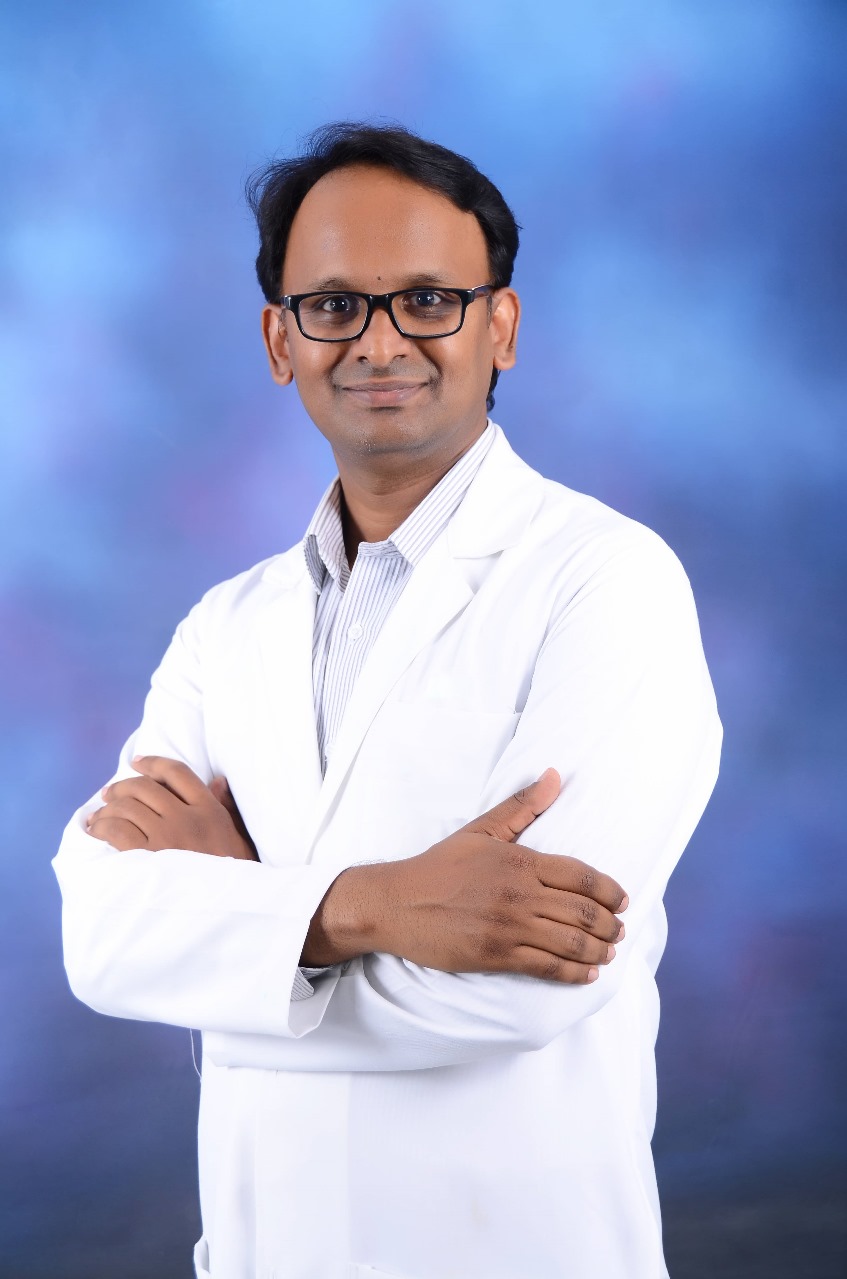Medical Gastroenterology
Navigating the complexities of digestion with expertise, bringing clarity and comfort to your gastrointestinal health journey
Gastroenterology is a medical specialty focused on the study, diagnosis, and treatment of diseases of the digestive system. It involves organs such as the esophagus, stomach, intestines, liver, pancreas, and gallbladder. Gastroenterologists are trained to diagnose and manage a wide range of gastrointestinal conditions, from common problems like acidity, heartburn, and ulcers to complex disorders such as inflammatory bowel disease and liver cirrhosis. They use advanced diagnostic methods including endoscopy, imaging studies, and laboratory tests to assess digestive health and create individualized treatment plans. Gastroenterology plays a vital role in maintaining digestive health, preventing complications, and improving quality of life in patients with gastrointestinal disorders.


1. Gastroesophageal Reflux Disease (GERD) Treatment at Dhaara Hospital
Gastroesophageal Reflux Disease (GERD) is a chronic digestive condition in which stomach acid flows back into the esophagus, leading to irritation and persistent symptoms. Early diagnosis and appropriate treatment help prevent long-term complications.
Common Symptoms:
- Heartburn or burning sensation in the chest
- Regurgitation of food or sour liquid
- Difficulty or pain while swallowing
- Chronic cough, hoarseness, or sore throat
- Chest discomfort unrelated to the heart
Treatment Options:
- Lifestyle Modifications: Avoiding trigger foods such as spicy meals, chocolate, caffeine, and alcohol, eating smaller portions, not lying down immediately after meals, weight reduction, and smoking cessation.
- Medications:
- Antacids for short-term symptom relief
- H2 blockers to reduce acid production in mild cases
- Proton Pump Inhibitors (PPIs) for moderate to severe GERD
- Procedures: In selected severe cases, anti-reflux procedures such as fundoplication or endoscopic treatments may be advised.
2. Dyspepsia (Indigestion) Treatment at Dhaara Hospital
Dyspepsia refers to chronic or recurrent discomfort in the upper abdomen, commonly related to digestion. It may occur due to dietary habits, stress, or underlying gastric conditions.
Common Symptoms:
- Bloating and excessive gas
- Nausea
- Frequent burping
- Early fullness during meals
- Upper abdominal pain or discomfort
Treatment Options:
- Lifestyle Changes: Eating smaller frequent meals, avoiding spicy, fatty, and acidic foods, managing stress, and improving sleep habits.
- Medications:
- Antacids for symptom relief
- H2 blockers or PPIs for persistent symptoms
- Prokinetic agents to improve stomach emptying
- Investigations: Endoscopy or imaging may be recommended if symptoms persist or warning signs are present.
3. Inflammatory Bowel Disease (IBD) Care at Dhaara Hospital
Inflammatory Bowel Disease (IBD) includes chronic inflammatory conditions of the intestine, such as Crohn’s disease and ulcerative colitis. Long-term medical care is essential to control symptoms and prevent complications.
Common Symptoms:
- Abdominal pain and cramping
- Chronic diarrhea, sometimes with blood
- Weight loss and nutritional deficiencies
- Fatigue and weakness
- Fever during active disease
Treatment Options:
- Medications:
- Aminosalicylates and corticosteroids to control inflammation
- Immunosuppressive drugs and biologic therapies for long-term control
- Antibiotics for complications such as infections or abscesses
- Diet and Nutrition: Individualized dietary plans and nutritional supplementation when required.
- Surgical Care: Surgery may be required in severe or complicated cases.
- Regular Follow-up: Continuous monitoring to prevent flare-ups and manage complications.
4. Irritable Bowel Syndrome (IBS) Management at Dhaara Hospital
Irritable Bowel Syndrome (IBS) is a functional gastrointestinal disorder affecting bowel habits and abdominal comfort. While not life-threatening, it can significantly impact daily life.
Common Symptoms:
- Abdominal pain or cramping
- Bloating and gas
- Diarrhea, constipation, or alternating patterns
- Mucus in stools
Treatment Options:
- Dietary Modifications:
- High-fiber diet for constipation-predominant IBS
- Low-FODMAP diet to reduce bloating and gas
- Avoidance of trigger foods such as caffeine, alcohol, and fatty meals
- Medications:
- Fiber supplements for bowel regulation
- Laxatives or anti-diarrheal medicines as needed
- Antispasmodics for abdominal pain
- Low-dose antidepressants for pain modulation when indicated

Dyspepsia
Dyspepsia, or indigestion, is characterized by upper abdominal pain, bloating, nausea, and discomfort, usually experienced after eating, often affecting daily activities.

Inflammatory Bowel Disease
Inflammatory Bowel Disease is chronic inflammation of the digestive tract, primarily including Crohn's disease and ulcerative colitis.

Irritable Bowel Syndrome (IBS)
Irritable Bowel Syndrome is a chronic gastrointestinal disorder causing abdominal pain, bloating, and altered bowel habits.
Types of Procedures
From routine to complex, our procedures embody precision, care, and innovation, tailored to your unique health needs
Endoscopy
This involves the use of a flexible tube with a camera and light (endoscope) to visualize the inside of the digestive tract.
Colonoscopy with Polypectomy
During colonoscopy, polyps (abnormal growths) in the colon can be removed using specialized tools, reducing the risk of colorectal cancer.
Endoscopic Retrograde Cholangiopancreatography
This procedure combines endoscopy and X-rays to diagnose and treat disorders of the bile ducts and pancreas. It can be used to remove gallstones, or place stents.
Endoscopic Mucosal Resection (EMR)
EMR is used to remove abnormal tissues (such as precancerous polyps or early-stage cancer) from the digestive tract lining using an endoscope and special tools.
Capsule Endoscopy
Swallowable camera capsule for visualizing the small intestine, providing diagnostic insight as it travels through the digestive tract.
Esophageal Dilation
This procedure involves stretching or widening a narrowed or blocked esophagus using specialized balloons or dilators.
Liver Biopsy
A small sample of liver tissue is obtained using a needle to aid in the diagnosis of liver diseases such as hepatitis, cirrhosis, or fatty liver disease.
Sigmoidoscopy
Similar to colonoscopy, sigmoidoscopy examines the lower part of the colon (sigmoid colon) and rectum.
Meet Our Surgeons
Get acquainted with our skilled surgical team, dedicated to delivering compassionate and expert care.
Dr. Varun
Consultant Pediatrician
Dr. Prathima Srinivas
Obstetrician And Gynecologist
.png)